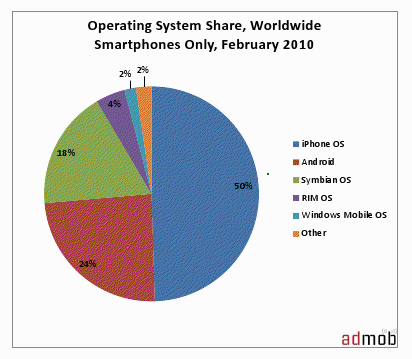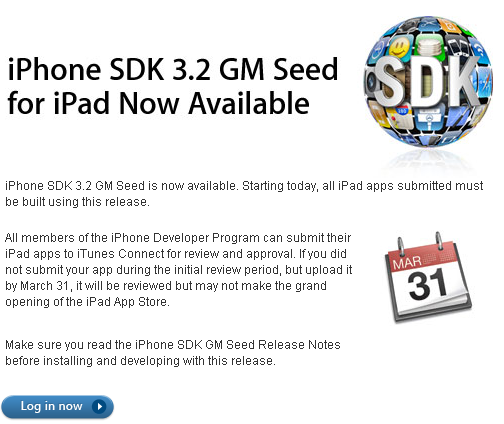I have long wanted an Amazon Kindle, but held out because of the looming iPad. Despite arriving a year longer than I initially assumed / hoped, I am glad that I waited as the iPad's book experience is exceptional. The biggest difference: the iPad's big, gorgeous screen makes content (web, apps, books) look stunning. Whether it is the pre-installed Winnie the Pooh book, Marvel Comics or Chelsea Handler, the book looks great. Furthermore, because of the screen's real-estate and ability to be viewed in landscape vs. portrait, it really does feel like a normal book (whereas the Kindle at times feels small and full of compressed pages). Two other difference is of course the platform. Apple pre-installed the Winnie the Pooh book because it demonstrates what publishers can do with this device. The Pooh book has graphics that are rich, colorful and wrapped in text. No other device currently supports that... but it's just the beginning - publishers could embed interactive media or create content that is dynamic based on user input. Just as the iPad represents numerous opportunities for magazines and newspapers - book publishers have similar freedom to think big and innovate.
Lastly, the book experience really is slick. The device feels great in the hand, but it's the navigation, bookmarking, searching and ability to rotate the screen that makes it so intuitive and fun.
And finally two complaints:
1. The inventory of titles is not yet where the Amazon's is... this should change over time (after all, over 700,000 iPads moved yesterday!) 2. I find the bookshelf really corny... for some reason, it looks so hokey and makes the experience feel more childish.



Update: ReadWriteWeb has a good overview of reading on iPad.








